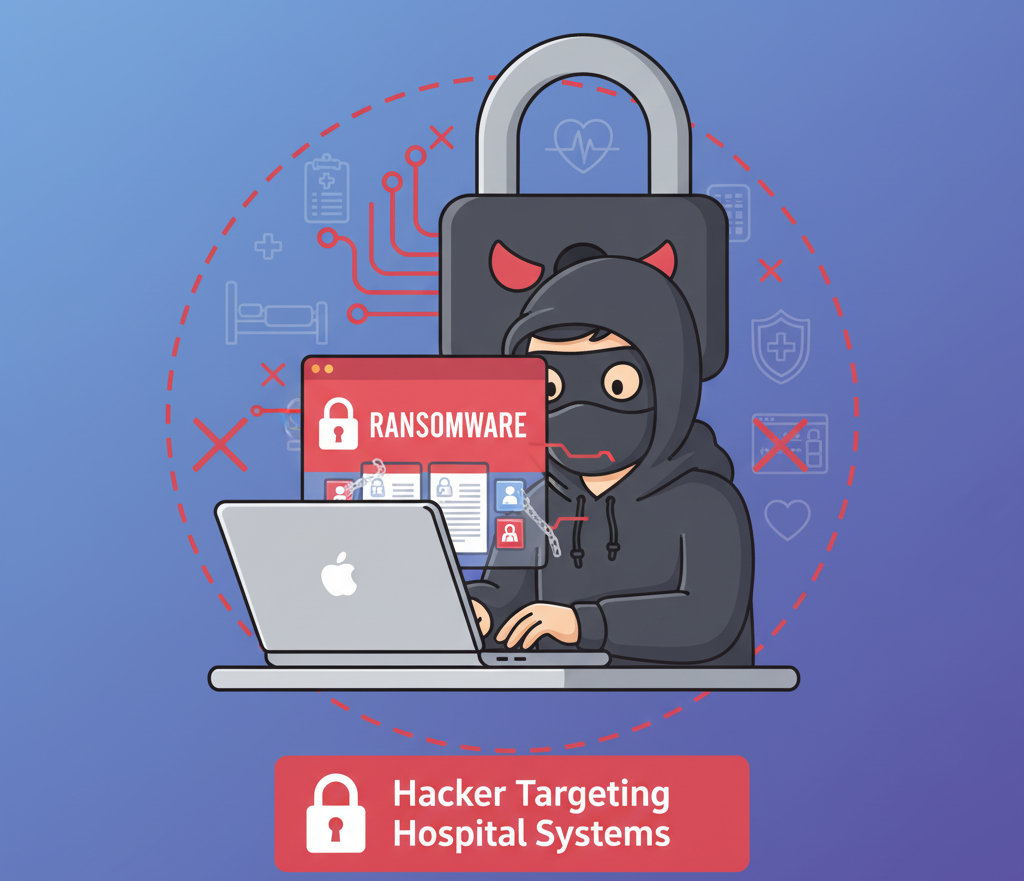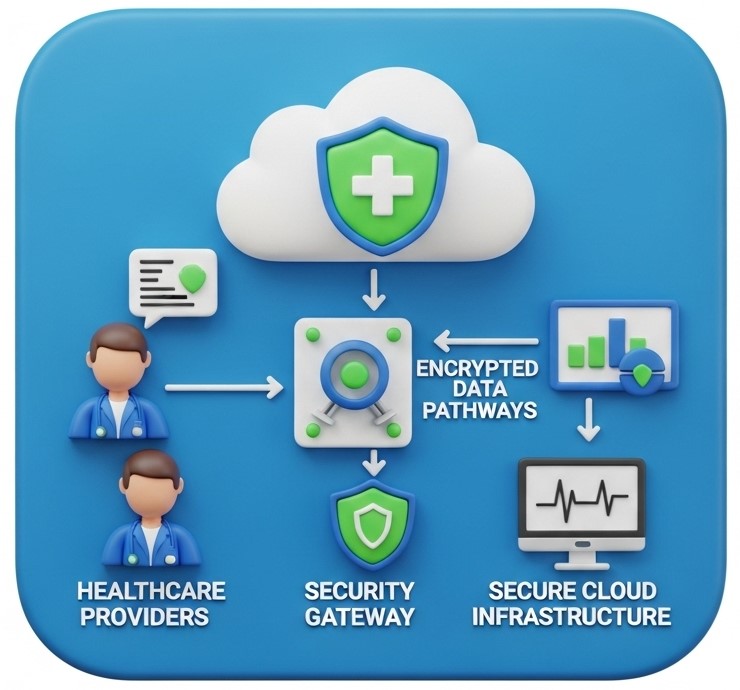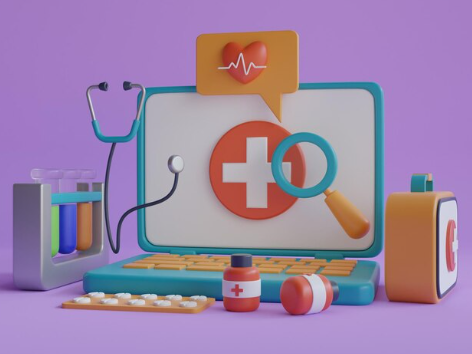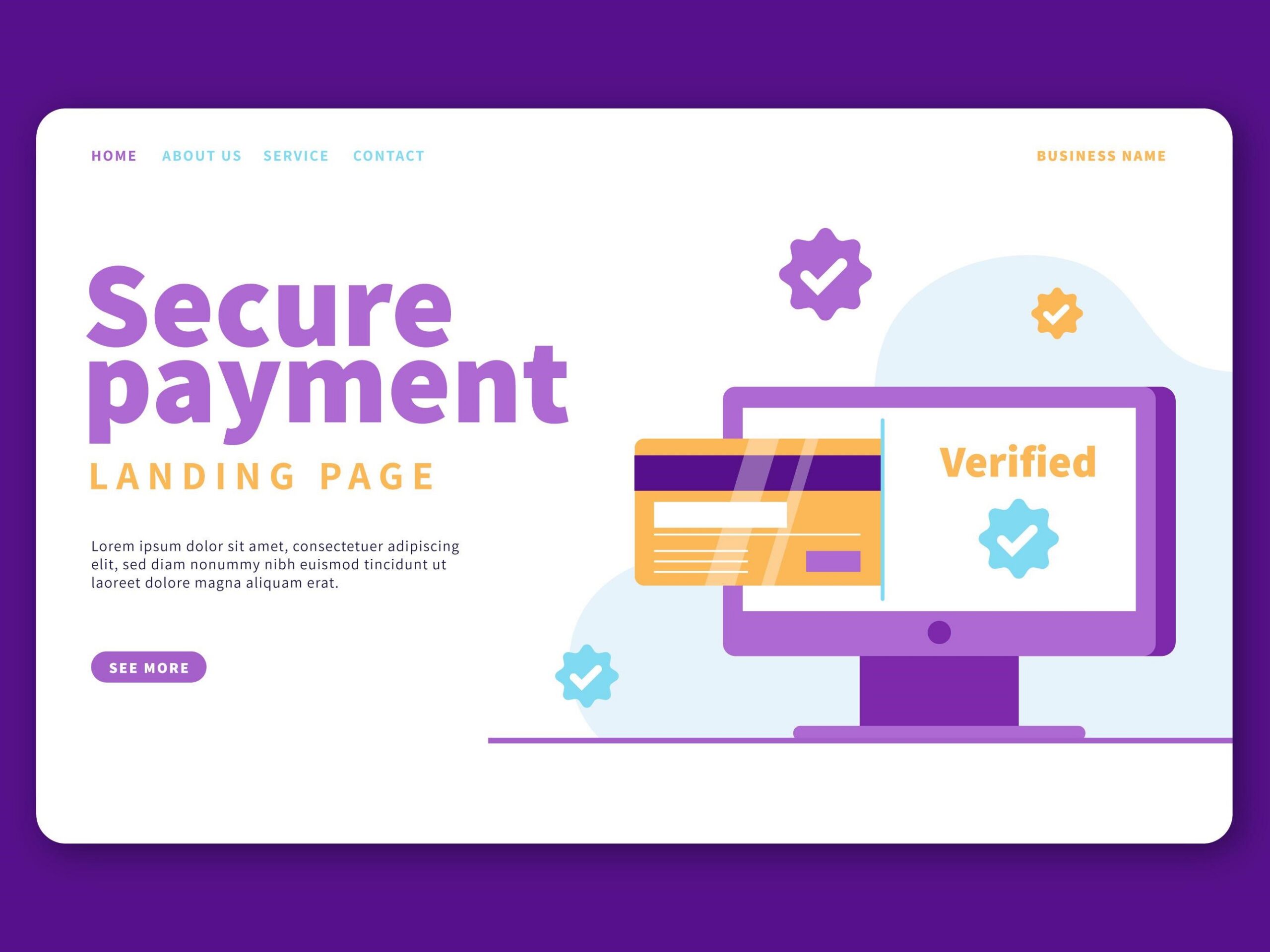Introduction: Why Securing Healthcare Data Matters
In today’s digital-first healthcare ecosystem, sensitive medical information is constantly at risk. From patient records and lab results to insurance details and prescriptions, vast amounts of data are stored online. Unfortunately, this also makes healthcare one of the top targets for cybercriminals.
According to HIPAA Journal, healthcare breaches in 2024 exposed millions of records worldwide. As we move into 2025, the pressure on healthcare organizations to secure data while maintaining accessibility has never been higher.
The Unique Challenges in Securing Healthcare Data
1. Regulatory Compliance and Legal Boundaries
Healthcare data is governed by strict laws such as HIPAA in the U.S., GDPR in Europe, and similar regional frameworks worldwide. Non-compliance can result in hefty fines and reputational damage. For instance, healthcare providers must ensure data encryption, secure sharing protocols, and access monitoring to meet these legal requirements.
2. Rise of Ransomware Attacks

Ransomware attacks on hospitals have increased by over 60% in recent years. Cybercriminals often target hospitals because downtime could risk patient lives, forcing institutions to pay hefty ransoms.
Attackers encrypt files, blocking access until ransom is paid. However, even after payment, data integrity is not guaranteed, making ransomware prevention critical.
3. Insider Threats and Human Error
Not all data leaks come from external hackers. Sometimes employees unintentionally or deliberately cause breaches. Weak passwords, phishing email clicks, or even unauthorized file sharing can create massive vulnerabilities.
According to a Verizon Data Breach Report, human error accounts for nearly 22% of all breaches in healthcare.
4. Legacy Systems and Outdated Technology
Many hospitals still rely on outdated systems that cannot integrate modern security tools. This leaves critical patient data exposed to modern cyber threats.
Furthermore, lack of regular updates and patches creates exploitable gaps in protection.
Effective Solutions to Secure Healthcare Data

1. Implement Strong Data Encryption
Encryption ensures that even if hackers gain access to the data, it remains unreadable. End-to-end encryption and multi-layered encryption protocols safeguard sensitive health records at rest and during transfer.
2. AI and Machine Learning in Cybersecurity
Artificial intelligence tools can detect unusual activity, flagging suspicious logins, abnormal data access, or system anomalies before they escalate.
For example, AI-driven monitoring can predict ransomware attempts by identifying early warning signs.
3. Zero Trust Security Models

The Zero Trust approach assumes no user or system should be trusted by default. Every access attempt must be verified through multi-factor authentication (MFA) and role-based access controls.
This minimizes insider threats and unauthorized access, making it especially useful in large hospitals with thousands of employees.
4. Regular Employee Training
Human error can be reduced significantly through cybersecurity awareness training. Simulated phishing attacks, strong password policies, and regular updates keep staff informed and alert.
5. Cloud Security and Backup Systems
Adopting secure cloud infrastructure with automated backups ensures healthcare providers can recover data quickly during ransomware attacks or system failures.
Cloud solutions also allow for scalable and secure storage, reducing dependence on outdated legacy systems.
The Future of Healthcare Data Security
As healthcare moves towards telemedicine, IoT-enabled devices, and AI-driven diagnosis, the amount of sensitive patient data will continue to grow.
Future solutions will involve:
- Quantum encryption technologies to resist advanced hacking methods.
- Blockchain-based health records for secure and transparent access.
- Biometric authentication for patients and staff.
The future of healthcare data security is about balancing innovation with compliance, ensuring patients can trust their healthcare providers with the most personal information.








